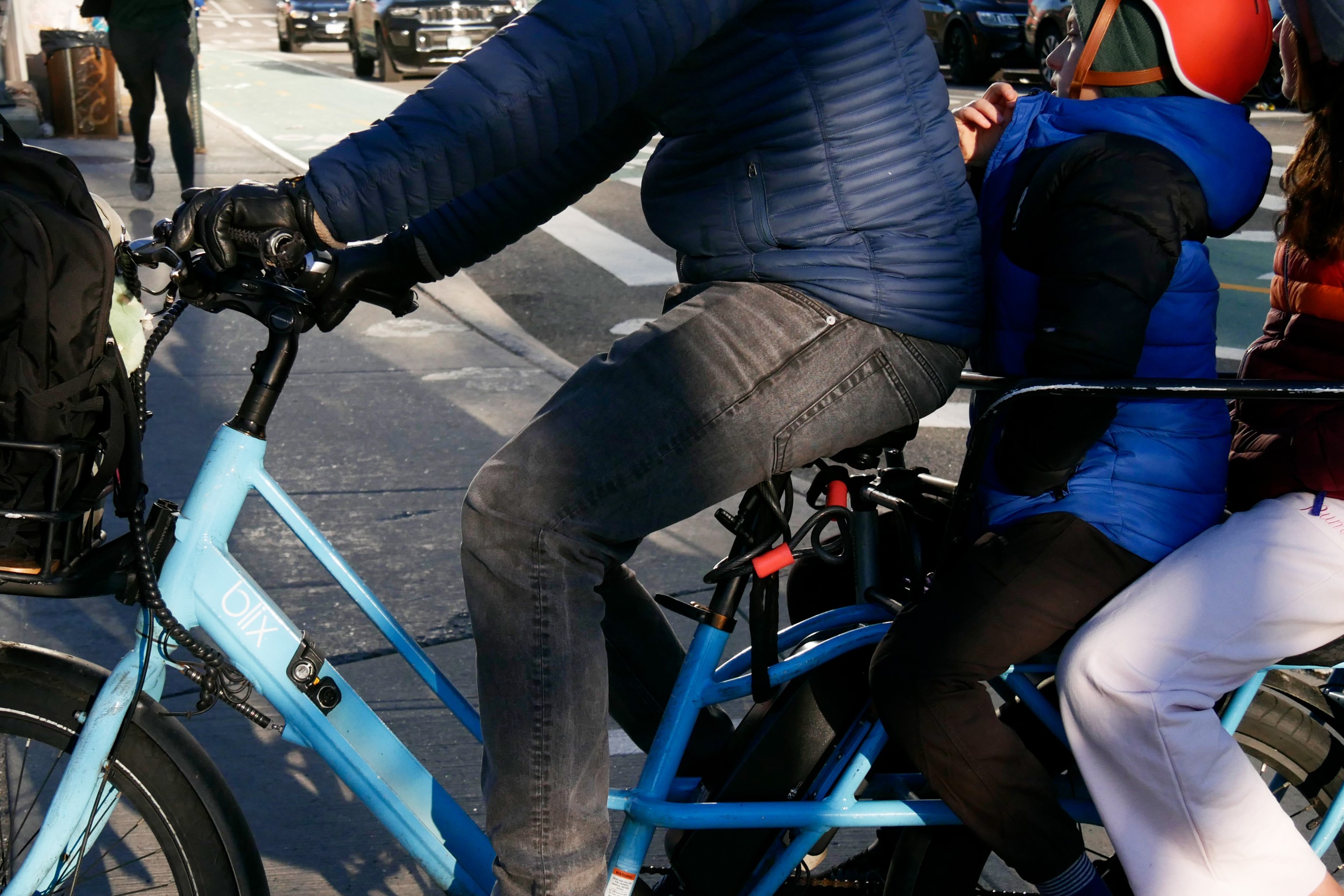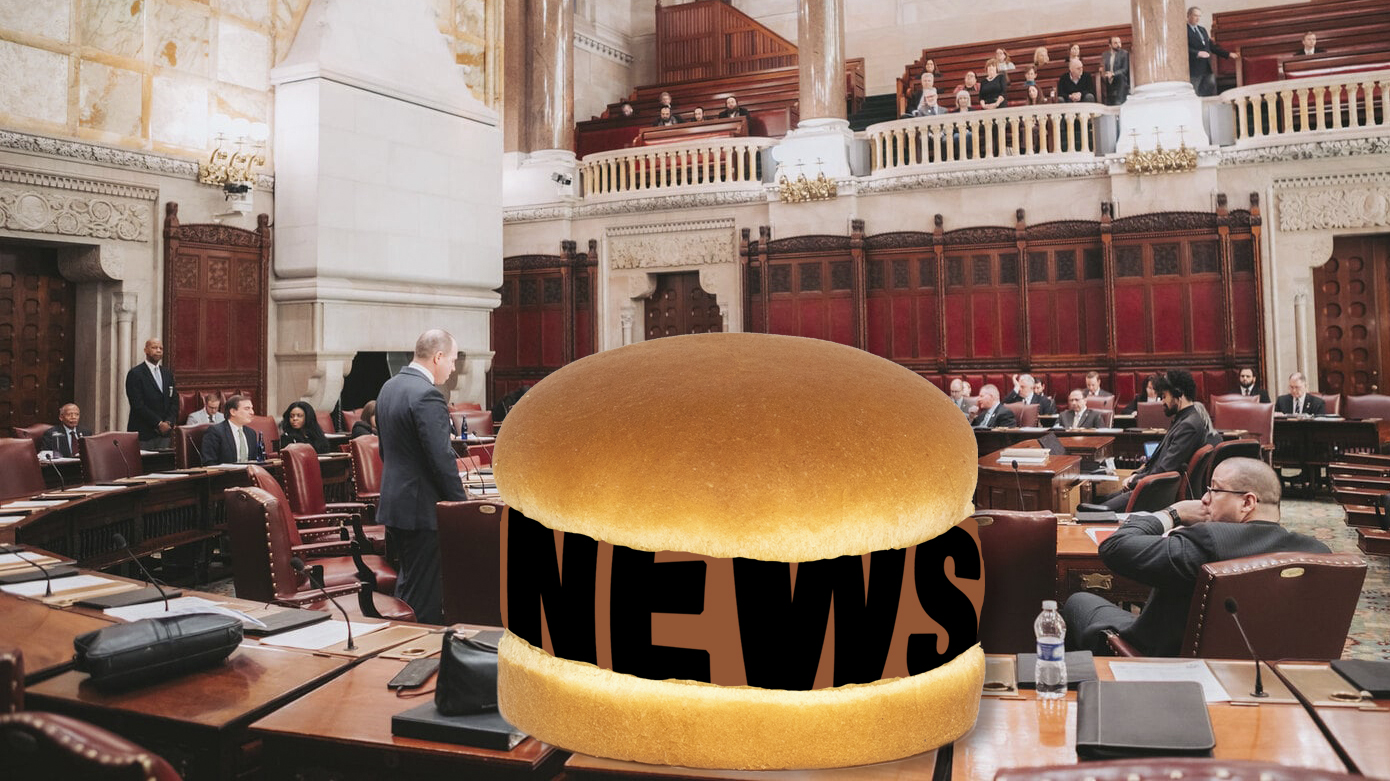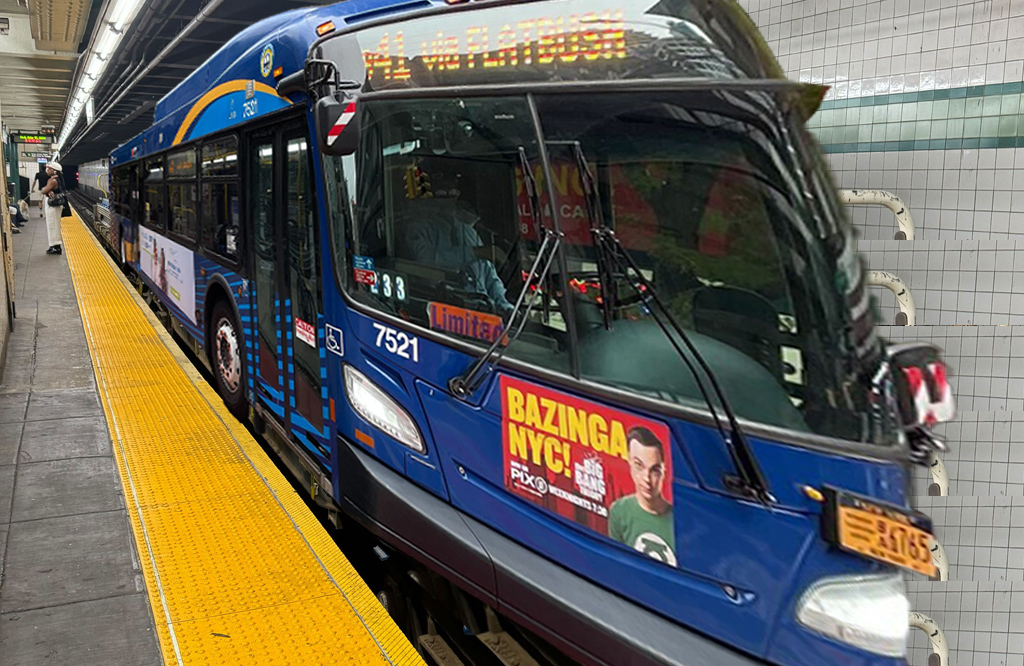Responding to some politicians' claims that congestion pricing is a "regressive tax" that would impact "working stiffs" who must drive to their jobs, the Tri-State Transportation Campaign and the Pratt Center for Community Development have compiled data, broken down by district, showing that the vast majority of commuters in New York City and surrounding counties would not be affected by a congestion pricing fee. In district after district, the stats show that most people either work somewhere other than the proposed pricing zone or commute to the CBD via transit, carpooling or other means. Fact sheets are available for City Council, State Assembly and Senate, and US Congressional districts.
Also included is a handy breakdown of the income differential between households that have a car (or cars) and those that don't, again showing that car owners are usually significantly wealthier than their transit-dependent neighbors.
This data will be very useful to take your local elected official during the upcoming public hearings:
Councilmember David I. Weprin
Democrat Representing Queens

Assemblymember Jeffrey Dinowitz
Democrat Representing Bronx

The prevailing pattern holds true in anti-pricing Congressman Anthony Weiner's district as well, where just 5% of commuters use their private vehicles to travel to the proposed congestion pricing zone.





